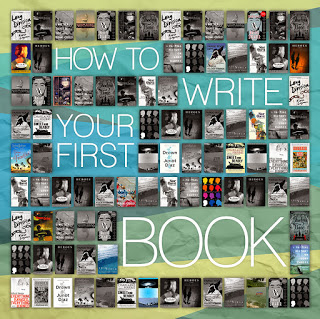
Back in May of 2018, I wrote a blog post on Artificial Intelligence after reading a fascinating article in The New Yorker. That blog post is here.
I’ve had an interest in AI for decades, and have watched with curiosity and a certain amount of dread as long ago prophesies about the future of AI have become more real.
In that blog post years ago, I mentioned a college dorm mate of mine, Alex, who was a boy genius. Back in the mid-sixties Alex (16 years old at the time) was already working on early forms of programming, using the primitive computers of that era. I picture vacuum tubes and transistors, but his equipment was probably a little more sophisticated than that.
I remember seeing the computer room once back then and it was stuffed, wall-to-wall with exotic machinery. I doubt that the computing power in that room could equal my iWatch, but it was as cutting edge as my small liberal arts college could afford at the time.
Alex didn’t have much interest in or respect for the humanities. I imagine he found literature and creative writing as silly and impractical, though he did help me out with an experiment I attempted with poetry writing back then (an early version of what is now available to all interested parties ChatGPT (when it’s not over capacity). You can try it for yourself here.
Anyway, back to Alex. Because he had such disdain for the humanities, he found a wonderful workaround for the weekly papers we all had to write for our Core Curriculum. Alex created a three page paper with a dozen or so blank spaces that would be filled in with the appropriate words to cover any subject we were assigned. Let’s say we had to write a paper on the importance of Greek culture in the shaping of Western aesthetics. All Alex had to do was come up with a dozen or so words that related to Greek culture and Western art or literature. He filled in the blanks in his all-purpose paper with those words, and voila, he had his paper.
Alex coasted through all those Core courses without a problem using that paper for every assignment. Until one day a professor called Alex into his office. Some of his dorm mates knew this was happening and were eagerly waiting for him to return from his meeting. Was this the moment Alex was kicked out of college? Nope. The professor asked Alex if he could possibly bring his future papers down to the professor’s level.
After Alex graduated with the rest of us in 1969, he went to Stanford for a Masters in computer science. And after he finished his Masters, he stayed at Stanford for the next 25 years, working in the Stanford Linear Accelerator Center which is now known as the National Accelerator Laboratory. You can find out more about it here.
If you can decode what exactly they do at the National Accelerator Laboratory, you are a better man than I.
I remember one more thing about Alex from those early years. For his final thesis, he was writing a program that would translate German to English and vice versa. 16 years old.
I played around with the ChatGPT, instructing it to write a scene of a bank robbery in the style of Elmore Leonard, which it did in a very basic and silly style:
Put your hands up, this is a robbery.
Please don’t hurt me, sir.
I won’t hurt you if you do exactly as I say.
Please, don’t hurt me, I’ll give you whatever you want.
Keep your hands up.
After I tried various other scenarios, I couldn’t help thinking that the folks who worked on this project were vastly inferior to my old buddy Alex.
The thing that Alex said to me back in 1967 when I asked him if he could get a computer to write a poem is still the single most profound thing I’ve ever heard about the intersection of poetry and computers: ‘If you can tell me what a poem is, I can get the computer to write a thousand of them.’
Having spent half a century wrestling with that question, I’m convinced it’s ultimately unanswerable.
Maybe some rough facsimile of a poem might be generated by programming a computer to imitate features of Robert Frost or Emily Dickinson. I don’t doubt that. But for a poem or a work of fiction to arise unbidden from the bowels of a machine because that machine had a burning need to understand and capture in words a part of the mysterious universe and render that mystery in a coherent and emotionally affective form…well, “Put your hands up, this is a robbery.”




